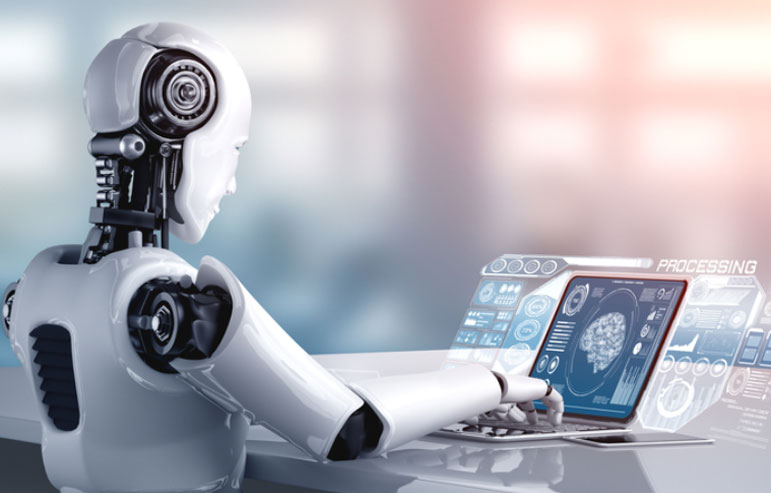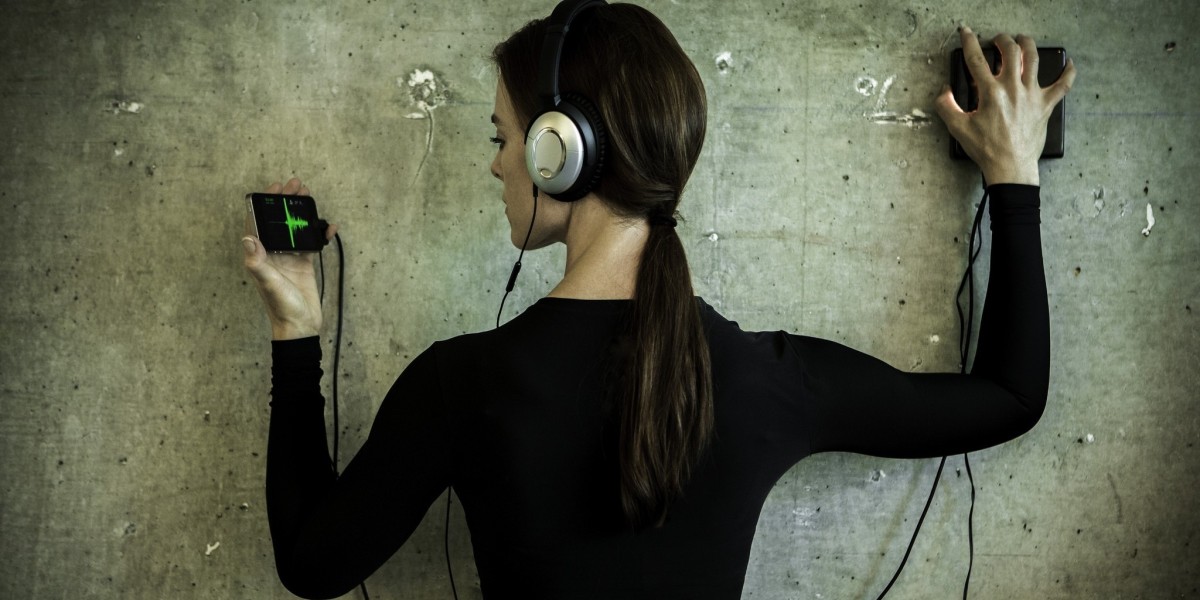For Christmas I got a fascinating present from a pal - my really own "best-selling" book.
"Tech-Splaining for Dummies" (great title) bears my name and my photo on its cover, and it has glowing reviews.

Yet it was totally written by AI, with a few easy triggers about me provided by my pal Janet.
It's an intriguing read, and uproarious in parts. But it also meanders rather a lot, and is someplace in between a self-help book and a stream of anecdotes.
It mimics my chatty design of composing, however it's likewise a bit repeated, and extremely verbose. It may have surpassed Janet's triggers in looking at information about me.
Several sentences start "as a leading technology journalist ..." - cringe - which might have been scraped from an online bio.
There's also a mystical, repeated hallucination in the type of my feline (I have no family pets). And there's a metaphor on almost every page - some more random than others.
There are lots of business online offering AI-book composing services. My book was from BookByAnyone.
When I called the primary executive Adir Mashiach, based in Israel, he told me he had actually sold around 150,000 personalised books, mainly in the US, given that pivoting from putting together AI-generated travel guides in June 2024.
A paperback copy of your own 240-page long best-seller expenses ₤ 26. The firm utilizes its own AI tools to generate them, based on an open source big language model.
I'm not asking you to buy my book. Actually you can't - just Janet, who created it, can order any further copies.
There is presently no barrier to anyone producing one in any person's name, consisting of celebs - although Mr Mashiach states there are guardrails around abusive content. Each book contains a printed disclaimer mentioning that it is imaginary, created by AI, oke.zone and created "exclusively to bring humour and joy".
Legally, the copyright belongs to the firm, however Mr Mashiach stresses that the product is planned as a "customised gag present", and the books do not get offered even more.
He wishes to widen his variety, creating different genres such as sci-fi, and perhaps offering an autobiography service. It's developed to be a light-hearted kind of customer AI - selling AI-generated items to human consumers.
It's likewise a bit terrifying if, like me, you write for a living. Not least because it probably took less than a minute to create, and it does, bphomesteading.com definitely in some parts, sound just like me.
Musicians, authors, artists and actors worldwide have expressed alarm about their work being used to train generative AI tools that then produce comparable content based upon it.
"We must be clear, when we are speaking about data here, we in fact imply human creators' life works," states Ed Newton Rex, creator of Fairly Trained, which campaigns for AI firms to regard developers' rights.
"This is books, this is posts, this is pictures. It's masterpieces. It's records ... The entire point of AI training is to learn how to do something and then do more like that."
In 2023 a song featuring AI-generated voices of Canadian vocalists Drake and The Weeknd went viral on social media before being pulled from streaming platforms since it was not their work and they had actually not consented to it. It didn't stop the track's creator trying to nominate it for a Grammy award. And even though the artists were phony, it was still wildly popular.

"I do not believe making use of generative AI for creative functions should be banned, however I do believe that generative AI for these functions that is trained on people's work without permission should be prohibited," Mr Newton Rex adds. "AI can be really powerful but let's build it morally and relatively."
OpenAI states Chinese competitors utilizing its work for their AI apps
DeepSeek: The Chinese AI app that has the world talking
China's DeepSeek AI shakes industry and dents America's swagger
In the UK some organisations - consisting of the BBC - have actually picked to block AI developers from trawling their online material for training purposes. Others have decided to work together - the Financial Times has partnered with ChatGPT developer OpenAI for instance.
The UK government is thinking about an overhaul of the law that would permit AI developers to utilize developers' material on the web to assist develop their models, unless the rights holders choose out.
Ed Newton Rex describes this as "insanity".
He mentions that AI can make advances in locations like defence, healthcare and logistics without trawling the work of authors, journalists and artists.
"All of these things work without going and changing copyright law and ruining the livelihoods of the country's creatives," he argues.
Baroness Kidron, a crossbench peer in the House of Lords, is likewise strongly versus eliminating copyright law for AI.
"Creative industries are wealth creators, 2.4 million jobs and a great deal of joy," says the Baroness, who is likewise an advisor to the Institute for Ethics in AI at Oxford University.
"The government is undermining among its finest carrying out industries on the vague pledge of development."
A government spokesperson stated: "No relocation will be made until we are absolutely confident we have a useful strategy that delivers each of our objectives: increased control for ideal holders to help them accredit their content, access to top quality product to train leading AI designs in the UK, and more openness for ideal holders from AI designers."

Under the UK federal government's new AI plan, a national data library consisting of public data from a wide variety of sources will also be made offered to AI researchers.
In the US the future of federal rules to control AI is now up in the air following President Trump's return to the presidency.
In 2023 Biden signed an executive order that intended to boost the security of AI with, to name a few things, companies in the sector oke.zone required to share information of the functions of their systems with the US federal government before they are released.
But this has actually now been repealed by Trump. It stays to be seen what Trump will do instead, however he is stated to desire the AI sector to deal with less policy.

This comes as a variety of suits versus AI companies, and particularly against OpenAI, continue in the US. They have been gotten by everybody from the New york city Times to authors, music labels, and even a comic.
They claim that the AI companies broke the law when they took their content from the web without their approval, and utilized it to train their systems.

The AI companies argue that their actions fall under "fair use" and oke.zone are for that reason exempt. There are a variety of factors which can make up fair usage - it's not a straight-forward meaning. But the AI sector is under increasing analysis over how it collects training data and whether it need to be paying for it.
If this wasn't all enough to consider, Chinese AI company DeepSeek has actually shaken the sector over the past week. It became the most downloaded free app on Apple's US App Store.
DeepSeek declares that it developed its technology for higgledy-piggledy.xyz a fraction of the rate of the similarity OpenAI. Its success has actually raised security issues in the US, and threatens American's existing dominance of the sector.
As for me and a profession as an author, I think that at the moment, if I really want a "bestseller" I'll still need to compose it myself. If anything, Tech-Splaining for kenpoguy.com Dummies highlights the existing weakness in generative AI tools for bigger tasks. It has lots of mistakes and hallucinations, and it can be quite challenging to check out in parts because it's so verbose.
But given how quickly the tech is developing, I'm not sure for suvenir51.ru how long I can stay confident that my significantly slower human writing and modifying abilities, are much better.
Sign up for our Tech Decoded newsletter to follow the greatest advancements in worldwide innovation, with analysis from BBC reporters around the world.
Outside the UK? Register here.








